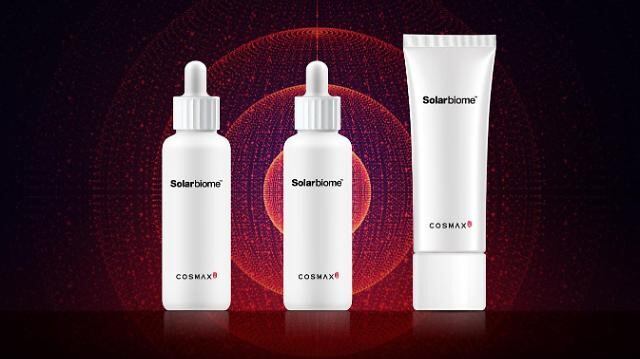The hero the ingredient of the sunscreen is Solarbiome, which contains two microbes which have been studied by National Aeronautics and Space Administration (NASA) as part of its astrobiology research.
A 2000 study published by NASA recorded that the Bacillus subtilis spores and Deinococcus radiodurans cells managed to endure planetary ejection and was resistance to ultraviolet (UV) rays.
Both were able to endure over a hundred days on the surface of the International Space Station (ISS), surviving UV radiation and temperatures as high as 100 degrees.
The Deinococcus Radiodurans strain in particular has been recognised by the Guinness Book Of World Records as the world’s toughest bacterium.
According to Dr. Robert Richmond, a research biologist at NASA's Marshall Space Flight Center, it can withstand the extreme conditions of the final frontier – earning it the moniker, Conan the Bacterium.
"Deinococcus radiodurans beats most of the constraints for survival of life on Mars – radiation, cold, vacuum, dormancy, oxidative damage, and other factors," said Richmond.
Tapping into these findings, the Cosmax microbiome genomics research team discovered the bacteria are able to help skin recover from UV damage.
After three years of research into the cosmetic potential of the cosmic duo, the firm managed to develop Solarbiome.
The researchers concluded that Solarbiome is effective in blocking out harmful UV rays, infrared rays as well as other harmful light sources. In addition, they believe it can reverse the damage of skin cells and prevent skin ageing.
Cosmax described the inorganic sunscreen formulation as light and refreshing and claimed that it does not irritate the skin. Additionally, the formulation scores within Environmental Working Group (EWG) ‘green’ safety rating.
According to Chairman of Cosmax Group Kyung-soo Lee, this is the first time that microorganisms from a NASA study have been transformed into a functional skin care product.
The company filed a patent application for Solarbiome early this year and said the more products containing the ingredient will be available to its customers in the form of primers, fluids, creams and ampoules very soon.
It added that it plans to expand the scope of Solarbiome to colour cosmetics such as cushion foundations in the future.
Cosmax said Solarbiome will be available to the mass market this month through K-beauty derma beauty brand, Dr. Jart+ as a sun care product.
Have & Be Co. Ltd., the Seoul-based, global skincare company behind Dr. Jart+ was recently acquired in December 2019 by the Estée Lauder Companies to reinforce its skincare portfolio and expand its reach in Asia Pacific, North America and travel retail.


